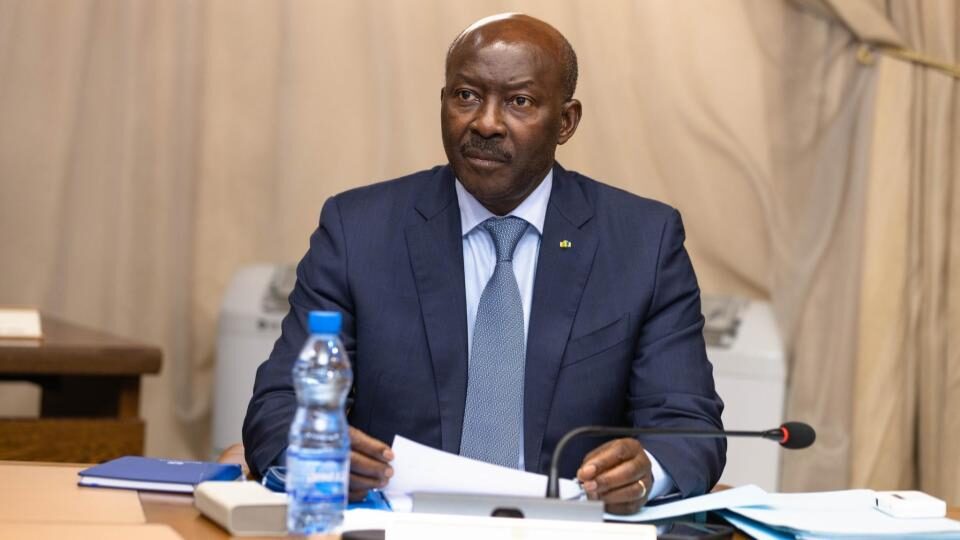
Gabon has officially established the Gabon Purchasing Center (CEAG), a mixed-economy entity tasked with securing the nation’s strategic supply of essential goods and safeguarding consumer purchasing power.
The government finalised the creation of CEAG last week through a draft ordinance, placing the centre under the technical supervision of the Ministry of Economy and Finance.
The new structure will be 37% state-owned, with the remaining 63% held by national private operators active in the distribution sector.
CEAG’s mandate encompasses the acquisition, storage, transportation, and distribution of goods considered vital to daily life, including foodstuffs, construction materials, and other strategic commodities.
By consolidating procurement volumes and negotiating directly with exporting countries, the centre seeks to reduce costs, secure supplies, and prevent excessive price increases on the local market.
It will also prioritise the development of key logistics corridors to ensure timely delivery of products nationwide.
“The CEAG aims to initiate a dynamic of food sovereignty and to sustainably protect the purchasing power of Gabonese people,” government officials stated, highlighting President Ali Bongo Ondimba’s broader vision of combating the high cost of living while reinforcing the country’s economic independence.
A draft decree outlining CEAG’s statutes has also been adopted, providing a legal and operational framework in line with OHADA provisions governing public limited companies.
These statutes define the organisation and responsibilities of CEAG’s governing bodies, alongside rules for administrative and financial management.
With its legal and institutional foundation now in place, CEAG is positioned to begin full-scale operations in the coming months.
Analysts say the initiative represents a significant step towards stabilising Gabon’s domestic market, enhancing food security, and strengthening the nation’s broader economic sovereignty amid global supply challenges.



